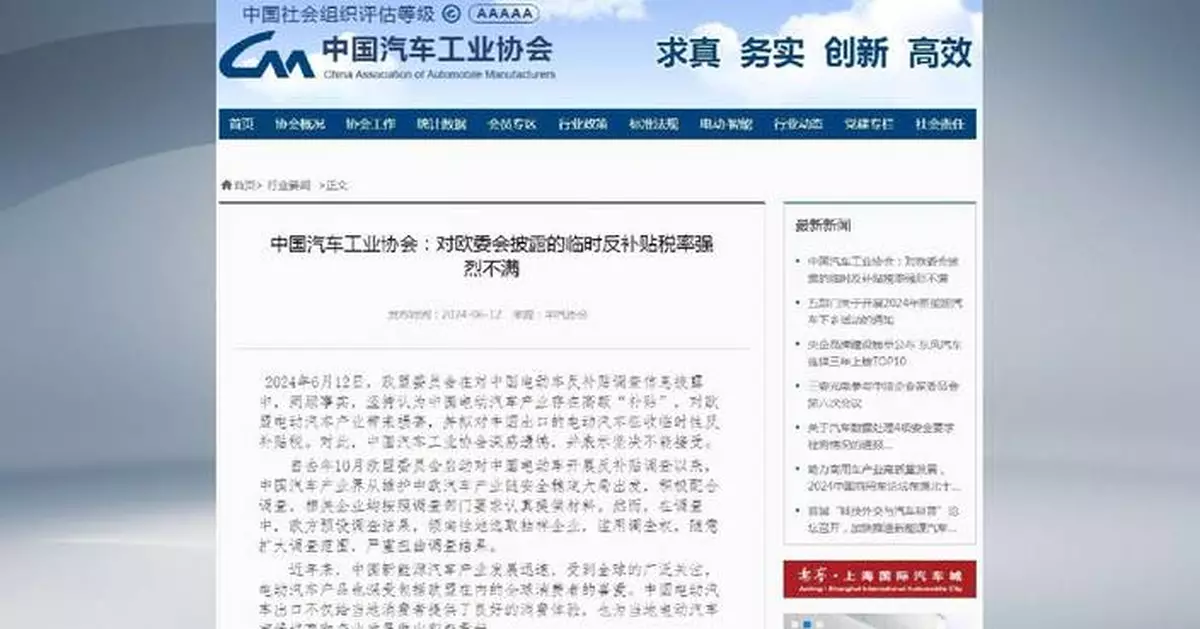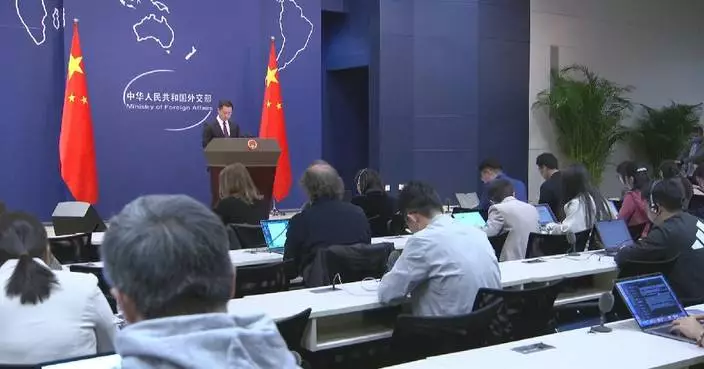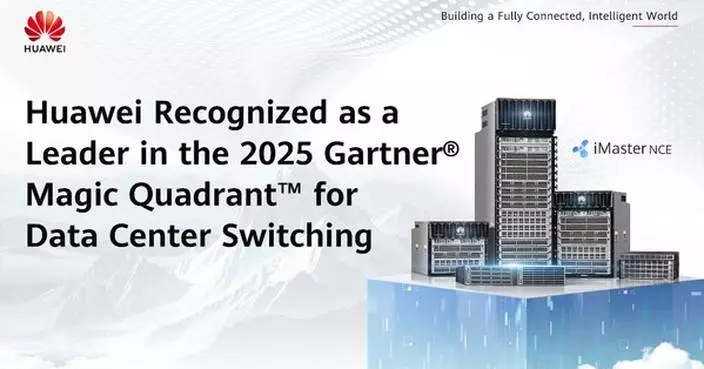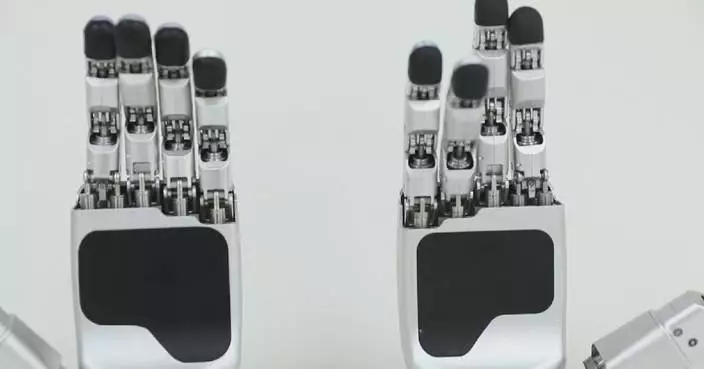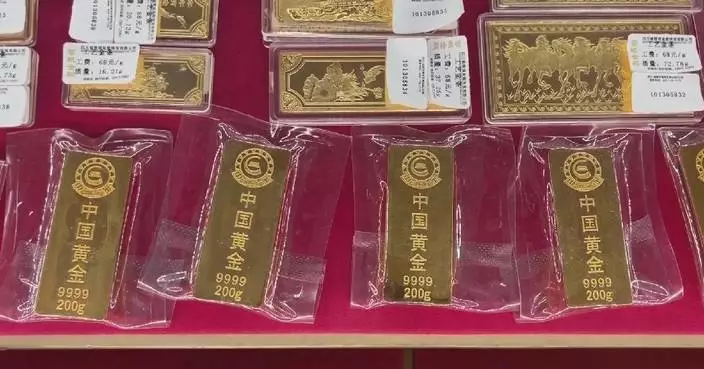The China Association of Automobile Manufacturers and the China Chamber of Commerce for Import and Export of Machinery and Electronic Products (CCCME) have expressed their strong opposition to the European Union's decision to increase tariffs on Chinese exports of electric vehicles.
The European Commission -- the executive arm of the European Union (EU) -- on Wednesday revealed a list of protectionist duties it would levy on imports of battery electric vehicles (EVs) from China. The provisional duties envisaged by the Commission on the imports of EVs from China would range from 17.4 percent to 38.1 percent.
In a statement posted on its official website, the China Association of Automobile Manufacturers said that it deeply regrets about the EU's decision, which it says is definitely unacceptable.
The association said in the statement that since the EU launched the anti-subsidy investigation on Chinese EVs in October last year, the Chinese automobile industry has actively cooperated with the investigation, and the relevant enterprises have carefully provided the documentation in accordance with the requirements of the investigation authorities.
However, during the investigation, the EU preset the results of the investigation, preferentially selected the sample enterprises, abused the investigation power, expanded the scope of the investigation at will, and seriously distorted the investigation results.
In recent years, China's new energy vehicle industry has developed rapidly, attracting widespread global attention. The electric vehicle products are also favored by global consumers, including those from the European Union.
China's EV exports not only provide local consumers with a good consumption experience, but also make positive contributions to the local electric vehicle market cultivation and industrial development, it said.
The association said that it hopes the European Commission will not deem the current phase of vehicle trade that is necessary for the development of the industry as a long-term threat, let alone politicize economic and trade issues, or abuse trade remedy measures. It urges the EU to avoid damaging and distorting the global automotive industry chain and supply chain, including the EU, and maintain a fair, non-discriminatory and predictable market environment.
It is hoped that the EU auto industry will think rationally and take active actions to jointly safeguard the current situation of reasonable competition and mutual benefit between the two sides, and jointly promote healthy and sustainable development of the global auto industry, according to the statement.
On the same day, the CCCME also published a statement to deplore the EU's move.
The CCCME statement said that the CCCME firmly expresses its opinions during the EU's investigation which has serious flaws in the process. Its investigation with obvious tendentiousness lacked impartiality, objectivity and transparency.
The commission's investigation into the alleged threat and damage to the EU's auto industry is neither objective nor transparent, it added.
The CCCME, as an industrial defense party in the investigation, will resolutely defend the legitimate rights and interests of China's electric vehicle enterprises by various means on the basis of the preliminary work, according to the statement.
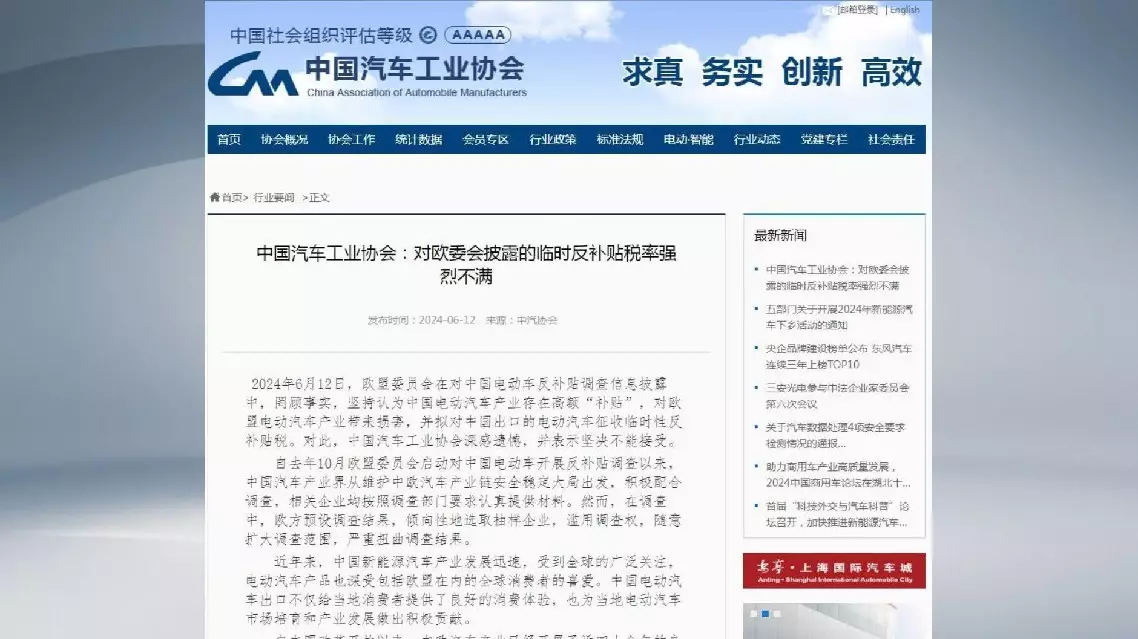
Chinese auto association, chamber of commerce express strong opposition to EU tariffs


